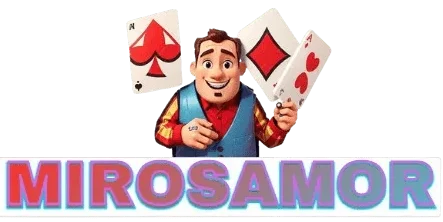The gaming landscape has undergone a remarkable transformation over the last decade, with technological advancements, innovative gameplay mechanics, and compelling narratives shaping the industry. One of the standout titles of this period is The Last of Us Part II. Developed by Naughty Dog, this sequel takes players on an emotional journey through a post-apocalyptic world. With its masterful storytelling, complex character development, and visceral combat, The Last of Us Part II was not just a game but an experience. It showcased how games can address deep themes of grief, revenge, and human nature, setting a new standard for narrative-driven games. The game’s technical brilliance, particularly its facial animation and environmental storytelling, made it one of the most impressive titles of its generation.
Red Dead Redemption 2 is another game that defined the past decade, standing out for its expansive open-world design and its attention to detail. Rockstar’s portrayal of the American frontier during the dying days of the Wild West is nothing short of breathtaking. Players step into the boots of Arthur Morgan, a member of the Van der rakyatslot Linde gang, as they navigate a world filled with both beauty and danger. The game’s incredible world-building, along with its gripping narrative, allows players to lose themselves in its world. The sheer scale of Red Dead Redemption 2, from its vast landscapes to the intricacies of its systems, pushed the boundaries of what an open-world game could achieve, offering a level of immersion that is hard to find elsewhere.
In addition to these narrative-driven titles, God of War (2018) marked a significant shift for the long-running franchise. The game reinvented Kratos, taking him from his Greek mythology roots to Norse mythology. More than just a reinvention of the combat system, God of War focused on the relationship between Kratos and his son, Atreus, making it a deeply personal story. The game’s seamless world, with no loading screens or camera cuts, was a technological marvel that kept players immersed throughout their journey. It also introduced a new combat system that emphasized strategy and timing over sheer button-mashing, showing how a series could evolve while staying true to its roots.
Horizon Zero Dawn, a fresh IP from Guerrilla Games, was another standout of the past decade. Set in a post-apocalyptic world overrun by mechanical creatures, Horizon Zero Dawn introduced players to Aloy, a skilled hunter on a quest to uncover the mysteries of her world. The game’s stunning open world, dynamic combat, and exploration mechanics made it a breath of fresh air in the open-world genre. With its detailed environments and innovative mechanics—such as using the environment to gain the upper hand against towering robotic beasts—Horizon Zero Dawn was an unforgettable experience. The release of Horizon Forbidden West further expanded on the foundation, solidifying Aloy’s place as one of the most iconic gaming characters of the past decade.
As we look back on the decade, it’s clear that these games—The Last of Us Part II, Red Dead Redemption 2, God of War, and Horizon Zero Dawn—are not just milestones in gaming history but benchmarks for what the future of gaming can be. They represent the evolution of the medium, showcasing how video games can provide not only entertainment but also provoke thought, emotion, and reflection. With the gaming industry continuing to push boundaries, it’s exciting to imagine where the next decade of gaming will take us.
